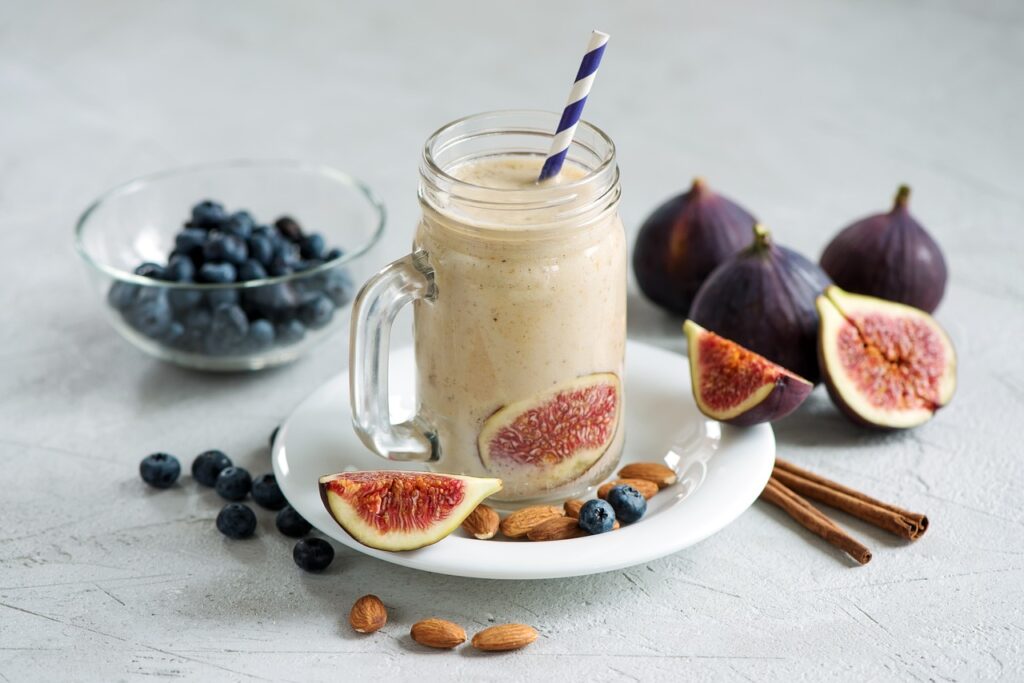Halal and Haram Beverages in Islam: What You Need to Know

Halal and Haram Beverages in Islam: What You Need to Know In Islam, the consumption of beverages is strictly regulated by religious principles aimed at preserving the physical and spiritual well-being of the believer. Just like food, drinks are classified into two main categories: halal (permissible) and haram (forbidden). This article explores these distinctions through […]

